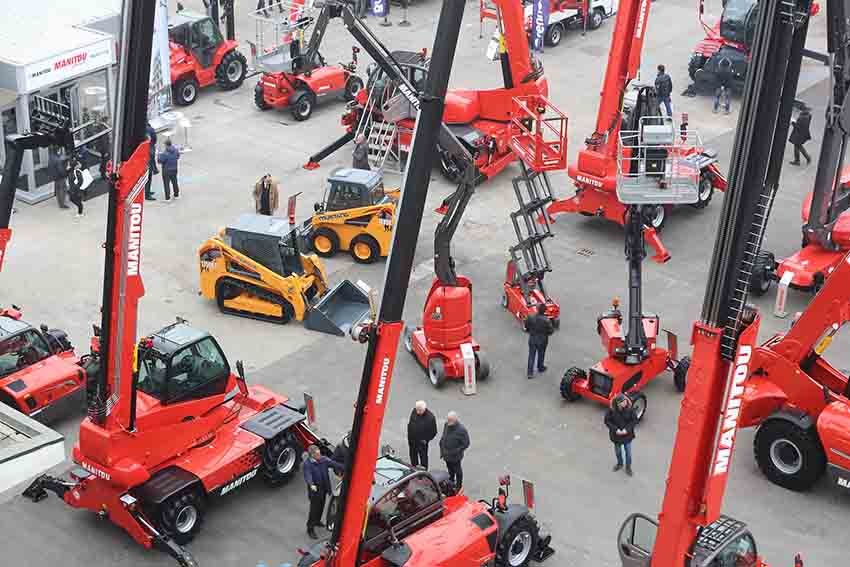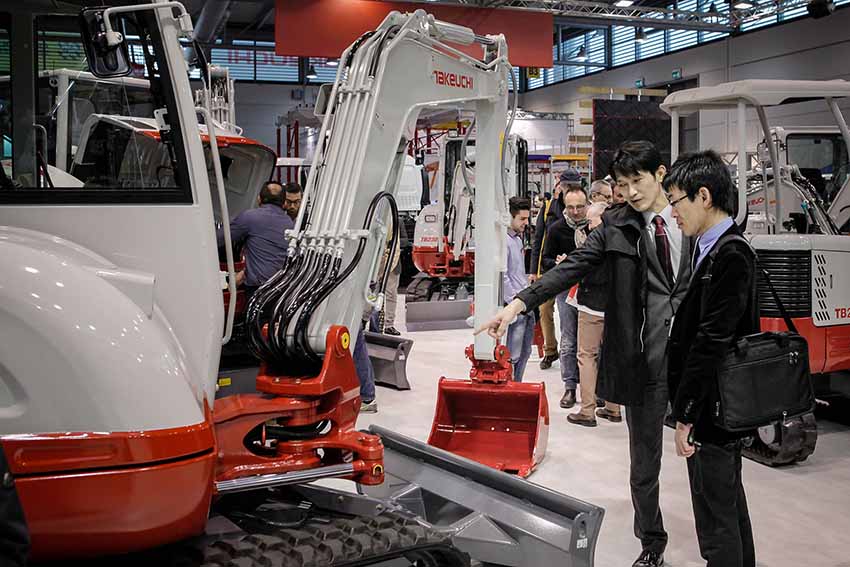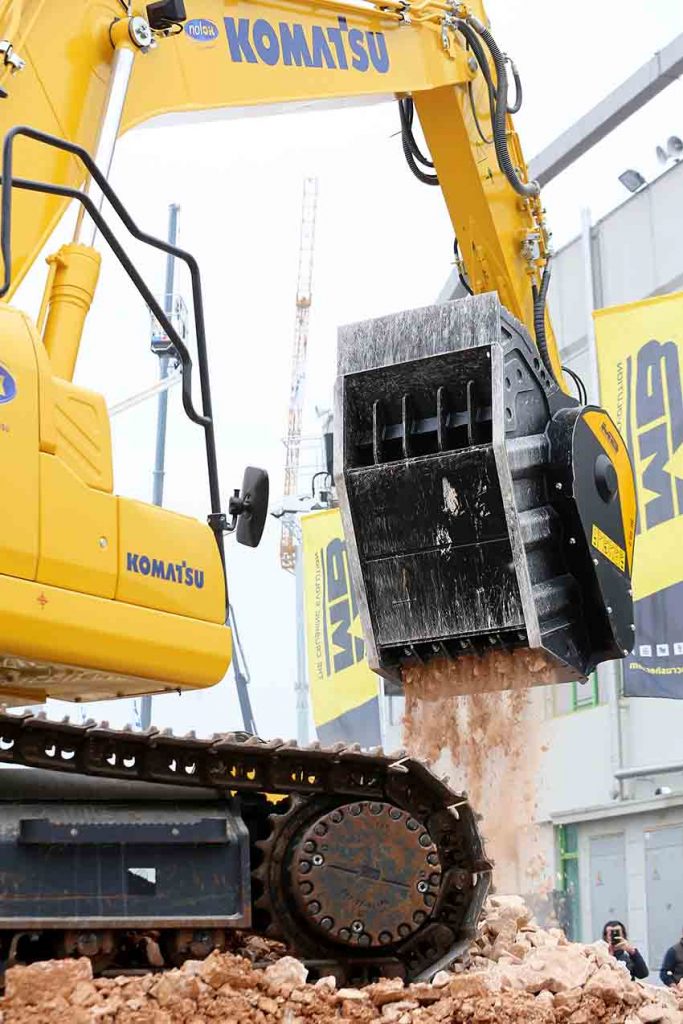Digitization also affects occupational safety in its broadest sense because it helps reduce accidents, thefts and damage caused by cyber attacks. This emerged on 14 March 2023 during the third of the five webinars organised during the run-up to Samoter (Verona, 3-7 May 2023) organized in collaboration with IPAF (International Powered Access Federation) with the title “New technologies supporting safety”.
Starting from different technological approaches, IT providers and companies presented solutions integrating digital systems with machinery using dashboards and even personal protective equipment.
Alberto Bertaglia of Kiwitron outlined the scenario: “Society is getting smarter, and Industry 4.0 is already giving way to Industry 5.0. Sensors should never create chaos, alarms should not distract operators with too many messages but simply communicate imminent danger. In other words, technology should not be invasive but adapt: its task is to make work more efficient and safer”. “Periodic inspections on lifting devices are mandatory from a regulatory point of view,” said Marco Ruggeri of Spanset Italia. “We have developed technological and intuitive systems based on RFID which replace conventional and less precise Excel sheets and allow inspection data to be recorded quickly and without errors.”

New digital technologies can also help manage PPE (Personal Protective Equipment). Even better if they are also user friendly. This is what Efrem Gianola of C.A.M.P. said: “PPE identification technologies have evolved in recent years, ranging from the cheapest QR code to the most sophisticated and expensive PFID chips. We consider NFC chips to be efficient since they have the great advantage of being readable by any smartphone.” The intuitive nature of the technology and being able to use it easily, quickly and practically even in harsh environments is an aspect all speakers agreed on: “We are passionate about safety and are well aware of the undoubted positive effects generated by software capable of managing all company activities. In our opinion, superstructures and overlaps should always be avoided in company digitization,” said Andrea Boldirini of X Group. “Provided, however, that the solution adopted is easy, intuitive and can be customised to meet the needs of individual companies.” “In our sector, environmental factors are often extreme: we need only mention dust, vibrations or uneven ground,” said Stefano Scapin of Cobo Group. “We design moment limiters to prevent machines overturning. The contribution of automation, connectivity and interconnection to our priority for safety is undeniable.”

Safety does not merely mean avoiding accidents involving machinery and people; it also means cyber security and prevention of theft. “The market is asking us for products that add value to documents, from digital signatures to secure file storage, through risk assessment solutions or applications that manage machine maintenance and assistance,” said Paola Martin of Zucchetti. “Our mission is to innovate and thereby improve the lives of our customers by enhancing their safety.” “Our devices ensure rapid recovery of stolen machines or use the IoT to monitor on-board equipment that may be left behind on site,” said Claudio Martignoni of LoJack. “Our goal is to propose integrated IT solutions to raise safety and security to new standards.”

Upcoming webinars:
At the fourth webinar during the run-up to SaMoTer is scheduled next 23 March. It will focus on the rental sector and its role in the construction supply chain. Supported by Rental Blog, we will discuss the evolution rental companies are experiencing, pass by way of the traditional role as suppliers of machinery for occasional needs to that of general provider. This implies digitizing, educating and overseeing safety, taking charge of the ecological transition, as well as new considerations concerning drivers and connections between partners.
The series of meetings will conclude with the webinar on 18 April analysing photovoltaics in quarries.

